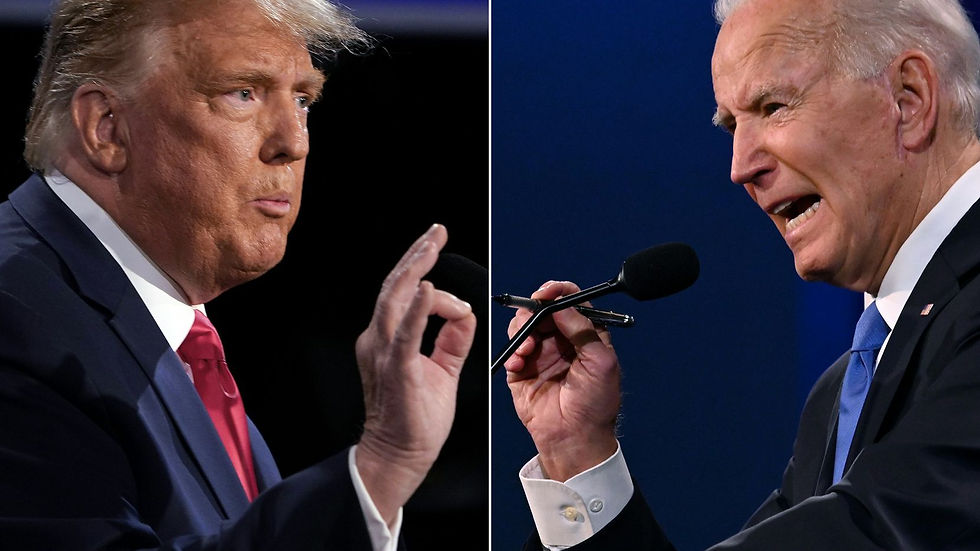Partisans are Damaging Democracy.
- charlottenoeljones
- Oct 12, 2021
- 3 min read

Partisanship is an intense affiliation with a political party. For many, politics is a part of everyday life, welcome or not. It can be as simple as checking the trending tab on Twitter first thing in the morning or paying pay 15.00 dollars a month for a New York Times subscription. Or it can be as intense as being active in a political party and being involved in local and state politics. Even people who claim to not like politics still pay attention to politics. Or else how would they know to complain about tax increases over dinner? And with social media and advancements in technology, it's hard to get away from politics. This he post will examine the rise in partisanship, how partisanship affects thinking, and if partisanship is dangerous.

Every year voters become more and more radicalized. In the past few decades, voters have grown more attached to their parties and have become more hostile to other parties. Moreover, voters of one party have developed personal dislike for voters of another party. In fact, 38% of democrats viewed republicans as unfavorable, compared to 16% in 1994 (Doherty, 2014). So, what happened? Well, one reason is people are looking for an identity to describe how they act both in and outside the voting booth. Conservatives don't only favor gun rights and low taxes, they also adhere to conservative values like going to church regularly. For many voters, being apart of a certain party means dressing, acting, and living a certain way. All of this goes full circle, voters act and live a certain way based off their party, and they expect candidates of their party to act and live a certain way. For example, Ronald Regan captured conservative voters in the 80s with his image of a church going family man. Similarly, Trump won conservative voters in 2016 with this reputation of being a powerful man who had power over women and money (Hetherington & Weiler, 2018).

Partisanship is dangerous because it affects non-political parts of life. Extremely conservative or liberal people's politics will affect their ability to think about non-political aspects of life non-politically. On a math test, their were two similar questions given. One about rash creams, and the other about banning concealed carry its correlation to crime. However, while the answers for the first question were typically correct despite political views, the answers for the second question varied based on political bias. Even testers good at math got the answer wrong if they had polarized political beliefs (TED-Ed, 2020). So, why is this important? Well, these findings show that the more political you are, the more distorted your perception of reality is. Because polarized people live in echo chambers, often online, they believe any world view that is not theirs is evil.
Partisanship is important to study to predict future trends in voting. Partisanship is also important to study if politicians want to understand voters better. Understanding why voters are more partisan now than they were a few decades ago is important to get things back on track. An increasing amount of hostile voters means nothing but trouble, and is dangerous for society and politics. However, explaining what sparks partisanship and why it is dangerous is a good first step for political scientists.
Doherty, C. (2014b, June 12). 7 things to know about polarization in America. Pew Research Center. https://www.pewresearch.org/fact-tank/2014/06/12/7-things-to-know-about-polarization-in-america/
Hetherington, M., & Weiler, J. (2018). Prius or pickup?: How the answers to four simple questions explain America’s great divide. Houghton Mifflin Harcourt. Chapter 2
TED-Ed. (2020). Do politics make us irrational? - Jay Van Bavel [Video]. In YouTube. https://www.youtube.com/watch?v=8yOoOL9PC-o



Comments